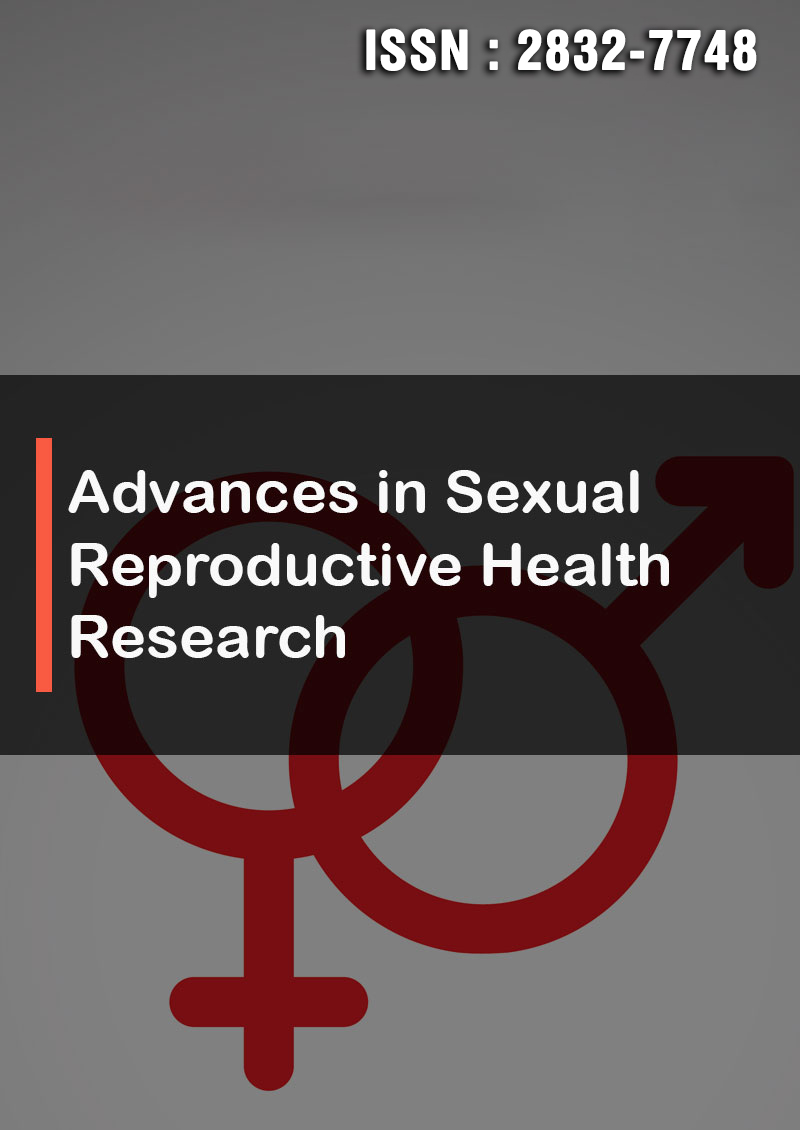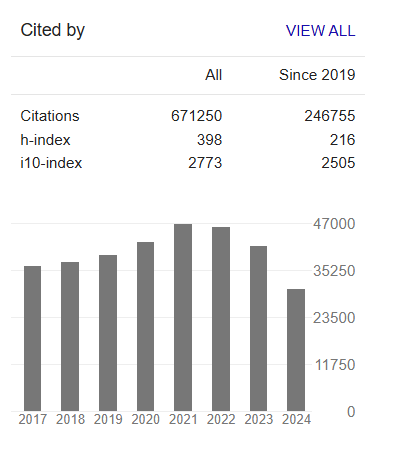Impact of Family Planning and Religious Belief Upon Family Growth in Addis Ababa, Ethiopia, 2022
Abstract
Cheru Kore Sifir, Samuel Taddese
Introduction: Family and virus programs are currently important for union and about 7 million, and unfortunately (250 million) reproduce. Above the place, it closes; it's slow, slow, causing serious injuries and women during pregnancy. In addition to friends and couples who want health and quality and quality and quality and quality. Especially in a hurry, access to FPS is valid and accessible limited, or you have the opportunity to go home safe and healthy and health plan programs. The final change is very associated with its own interests in the world. The focus agreement in women of fecund women takes advantage of the opportunity to defend themselves between women's threats. In addition, women are classified with different methods.
Objectives: To assess the Impact of Family Planning and Religious Belief upon Family Growth in Addis Ababa, Ethiopia
Methods: Research style was a descriptive cross-sectional survey, which assessed the employment of semi permanent strategies and effects of contraception among ladies of fruitful age, through health facilities in Addis Ababa, Ethiopia. Data are entered in to applied math software package Epinfo v 3.7 and export into SPSS to code decrypt and analysis. Outcome is gift as a variety of table, graph and bivariat and multi chance variable regression are presented.
Result: The magnitude of current utilization of modern contraceptive was 59 % among women in Addis Ababa public health facilities. Age (AOR =0.14(95%CI (0.03-0.68)), Educational status (AOR=0.04(95%CI (0.02- 0.63)), number of children wanted (AOR=10.8(95%CI (4.02- 18.97)) and communication with partner about modern contraceptive use (AOR=3.17(95%CI (0.89-11.27)) were statically significant factors for utilization of modern contraceptive.




